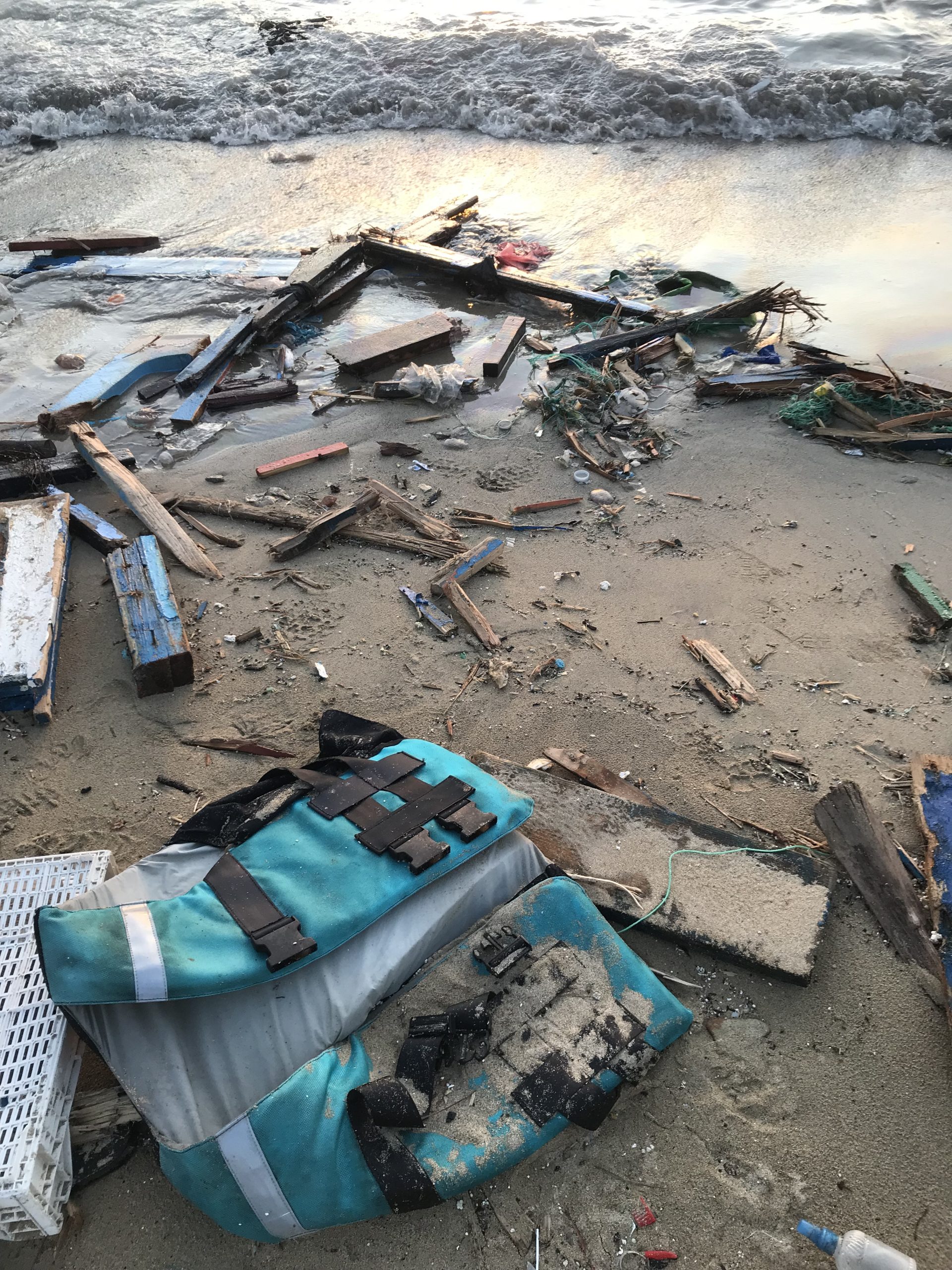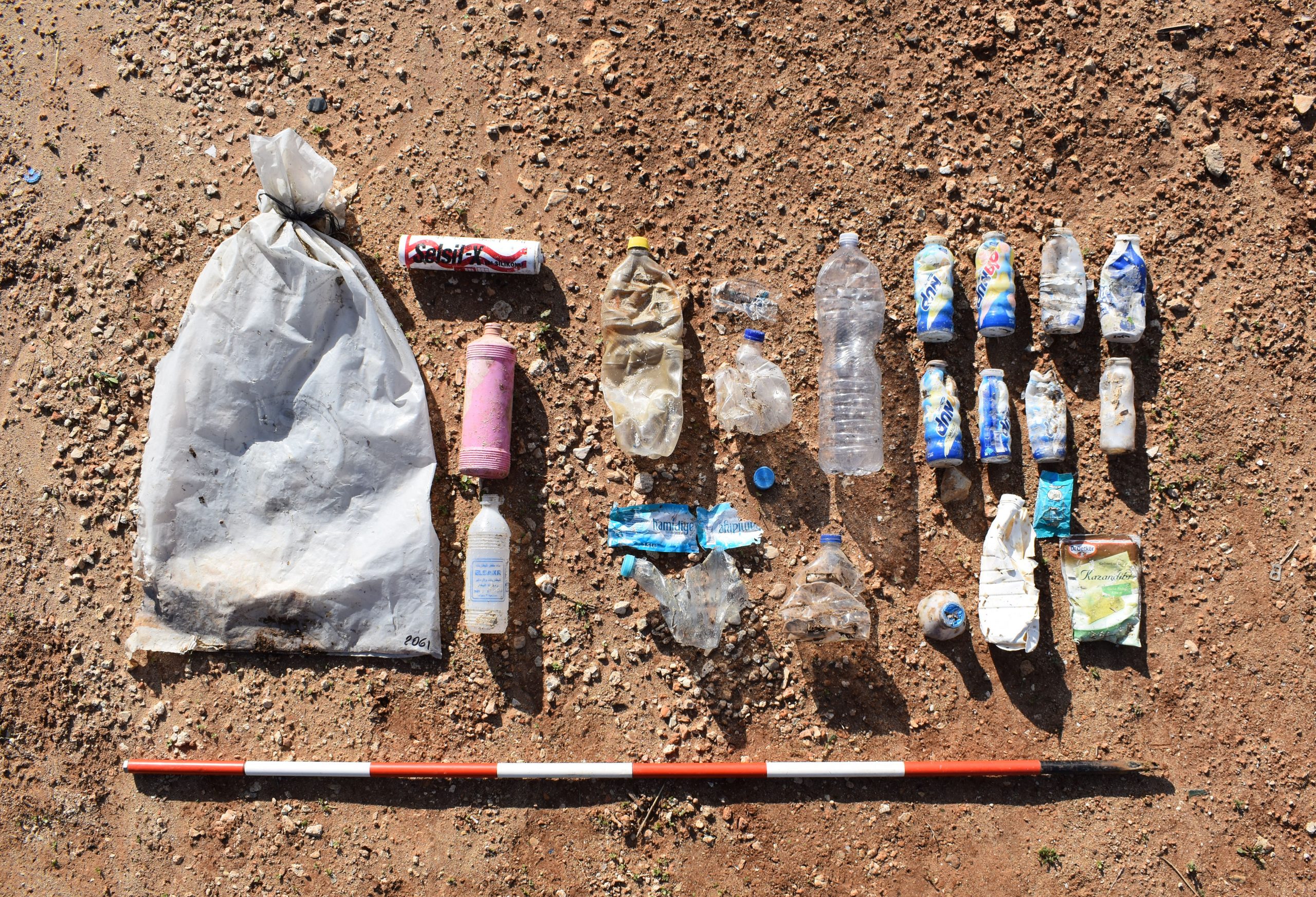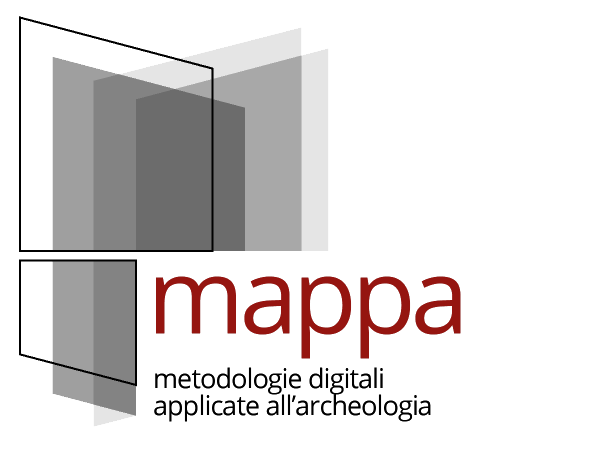image credits @repubblica.it
Archaeology of undocumented contemporary migrations
The archaeology of migrations represents a key to understand the social, geopolitical and cultural transformations of contemporary society. Within the Italian context, the archaeological investigation of undocumented contemporary migrations, currently absent, will allow us to recognize the material traces of this phenomenon as an evidence of actual anthropic activity (rather than mere “rubbish”). This approach will force archaeology to rethink itself and its own categories within new spatial and temporal boundaries.
The aims of this research project are essentially two: i) to study in an organic way the experience of contemporary archaeology at an international level, in order to provide an effective framework and open a debate over the urgency of developing the discipline in Italy; ii) to offer the contribution of archaeological research to the topic of undocumented contemporary migrations, with a particular focus on the material
evidence of this dramatic phenomenon on the Italian territory.
The first of these goals stems from the observation that in Italy, none of the humanities has purposely denied itself the possibility of investigating the contemporary world with its own tools and methods except for archaeology. This consideration can no longer be ignored within the Italian archaeological community
and calls for an in-depth reflection on the contribution of archaeology for the study of contemporary societies. For this reason, it is essential to provide a detailed overview of the international studies that, in the last decades, have contributed to defining the theoretical and practical framework of contemporary archaeology.
The ambitious research project delves into an uncharted territory. The aim is to promote a concrete discussion over the contribution that Italian archaeology could give to the understanding of contemporary phenomena. Contemporary archaeology can help disclosing information about undocumented contemporary migrations, i.e. those migrations involving both political refugees and economic migrants, through unofficial migration routes.
By means of archaeological methods, the project aims at documenting and interpreting, within an historical perspective, the material traces of migrants (personal objects left along journeys, means of transport, structural elements that define new boundaries and spatial barriers in the landscape, the bodies of migrants themselves, etc …), disclosing meanings, material-spatial strategies and the multitude of human experiences.


The critical power of contemporary archaeology will be used to give voice to silent traces, linked to events and experiences that, otherwise, would remain in the shadow of history.
The project also aims at verifying the criticalities and possible limitations of the archaeological method for the collection, management and interpretation of the material evidence of contemporary migrations.
Fieldwork timetable:
February 2020, studying field working opportunities.
October 2020, studying field working opportunities.
20-29 November 2021: Archaeo-anthropological survey on Lampedusa (Archaeology of border project)
21-29 April 2022: Archaeological and ethnographic surveys on Lampedusa (ISOLA project)
1 october – 21 November 2022: Ethnographical campaign on Lampedusa (e-COOL project)
Project by:
Francesca Anichini francesca.anichini@unipi.it
